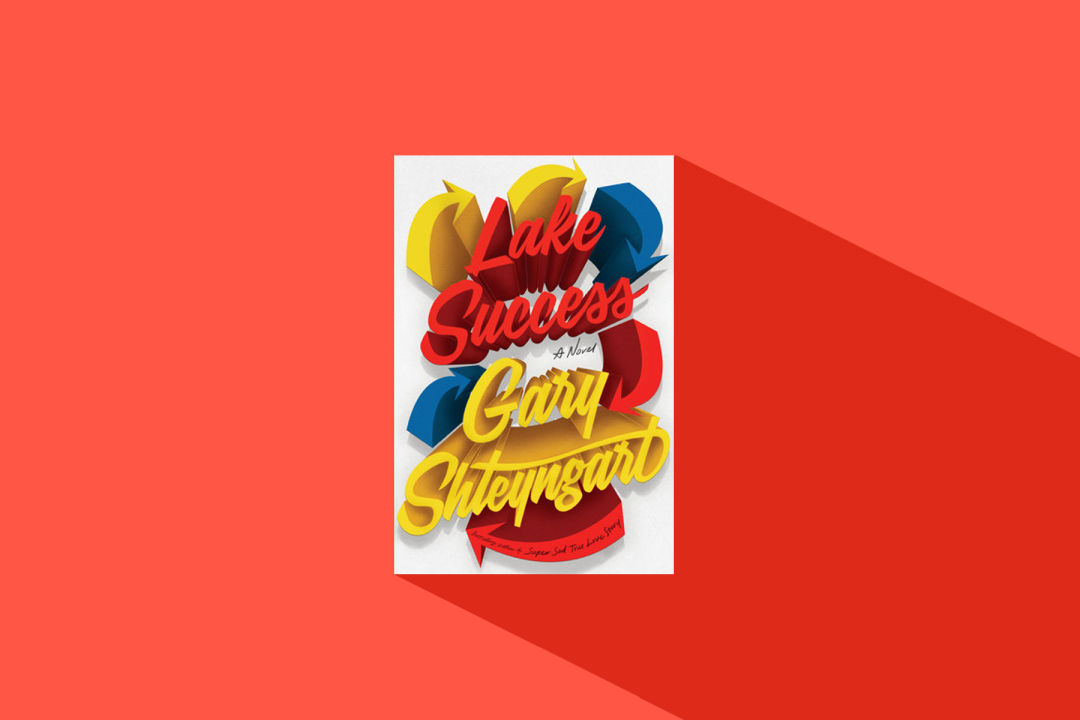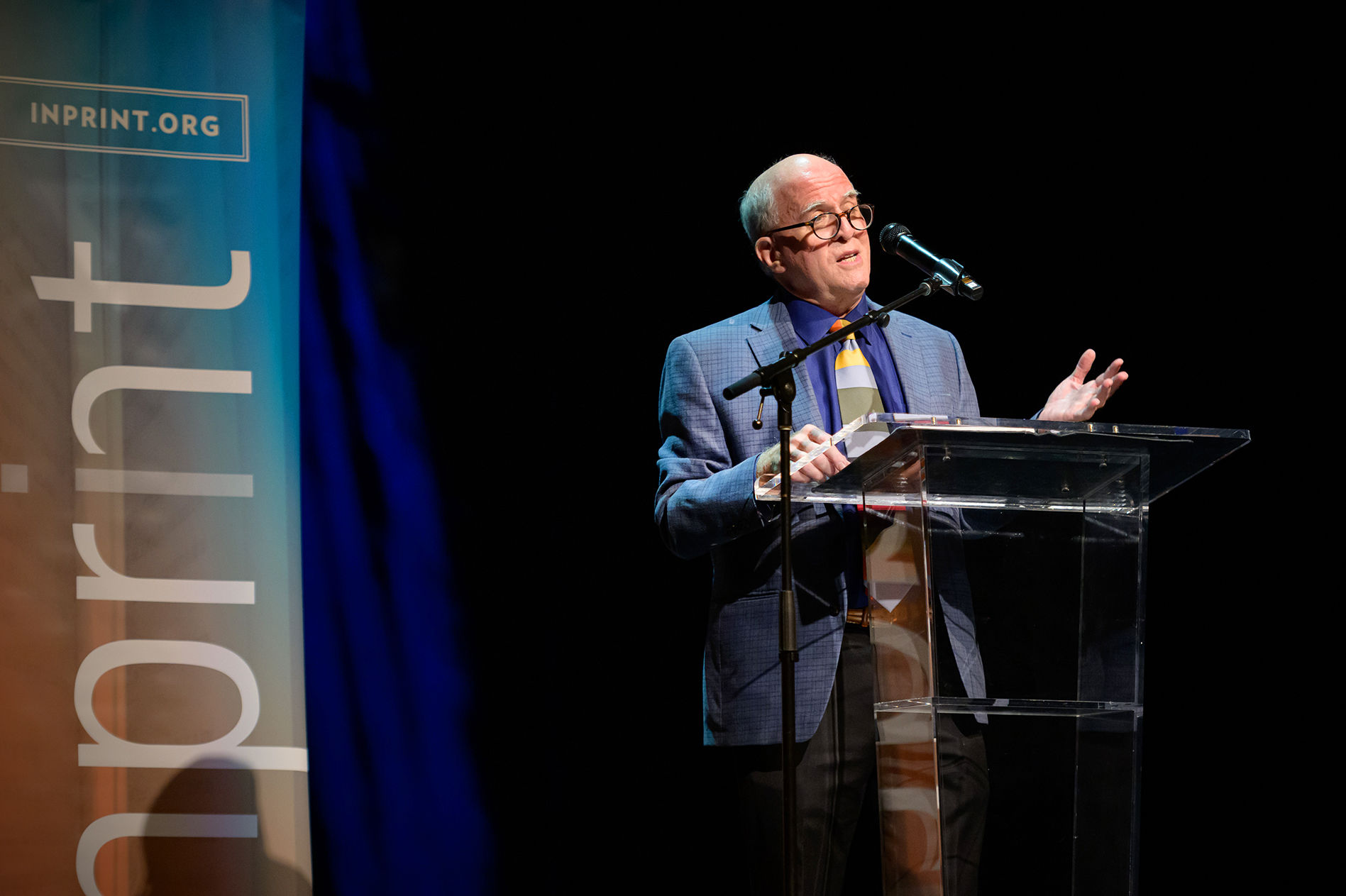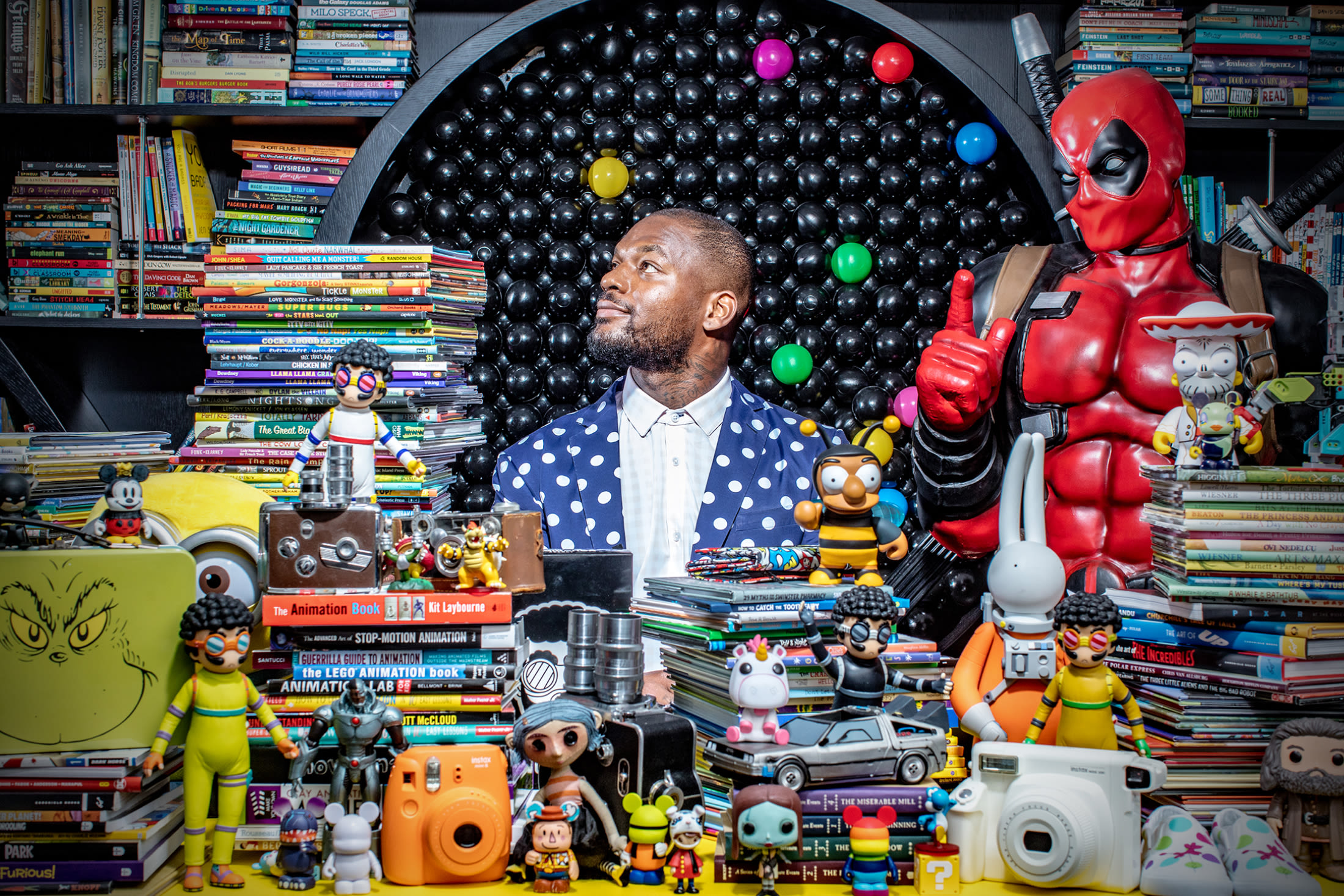Gary Shteyngart Marvels at the 'Obliviousness' of the Powerful

Gary Shteyngart’s Lake Success begins when hedge fund manager Barry Cohen gets caught up on an off-hand comment from his wife, Seema: He doesn’t have imagination or soul. Barry spirals out, leaving Seema and his son Shiva behind and setting out on a journey across the country, largely by Greyhound bus. (It’s a journey that Shteyngart himself undertook to research the book—Greyhound gets a thank you in the acknowledgments.) Keen on proving Seema wrong, Barry decides he’s going to write his story, which he imagines as “On the Road but in thoughtful middle-aged prose.” What follows is a tale of disastrous and sometimes lovely self-reinvention.
On Monday, Shteyngart will headline the third evening of Inprint’s 2018–2019 Margarett Root Brown Reading Series with Jonathan Lethem. We talked to Shteyngart about Lake Success and how Donald Trump barged into his book; you can read our conversation with Lethem here.
Barry, early on in his process of running away, thinks to himself that, “It wasn’t America that needed to be made great again, it was her listless citizens.” Barry is thinking this prior to the 2016 election. Do you think that listlessness has gotten better or worse since then?
The listlessness, I think, has turned into sheer terror on the overwhelming part of the population. Our attention has been captured. Everyone is paying very close attention, whether they like Trump or not. It definitely feels like the fate of our country is at stake now—and in the next two years. We’re all at the edge of our seats, watching this ridiculous reality show unfold. When I started my bus ride in June of 2016, I just thought this would be a passing thing. But by the time I got off the bus in San Diego in September, I was looking for Toronto real estate. So there’s definitely been a huge shift.
Trying to capture that in the novel was very hard, because you write several drafts, and it takes nine months to get it out there. There’s no present left in America anymore. We’re all living in the future all the time.
The election of Donald Trump is integral to the plot of the book. How would this book look different if Hillary Clinton was elected?
Here’s the thing: Trump kind of barged into this book in a way that I really hadn’t intended when I started writing it. I really did think that he was going to be one of those markers—you plant something to indicate the era that it’s set in: in the ‘50s you’ll have a Cadillac with tail fins, in the ‘80s you’d have a Rubik’s Cube. With the 2000s, there’d be this joke about Trump running. But the whole Trump model is based on him elbowing his way into everything in a big way. And it’s sad, in a sense. It takes away from the ability of the writer or the novelist to write about family because in a very authoritarian way, Trump wants to be a part of every conversation. So he is in the book. But except for the ending, he just kind of pops up like a Whack-A-Mole.
But the book is really about a family. I intended to write what it was like to be a hedge fund manager or married to a hedge fund manager, to have all this money and not very much happiness as a family. That was the original subject. But there’s no way to write about 2016 without reaching the conclusion that I did.
I was thinking about it as I got to the end of the book and didn’t know how you could’ve written it and left the election out—it would’ve felt like a glaring omission. It definitely affects the book because Barry has to reckon with his own behavior in the wake of it.
Yes! And I think what Trump and all this other stuff around Trump has done is that it has made powerful people have to reckon with who they are a little bit more. Not enough, obviously. The #MeToo movement falls into that category, too. Barry’s obliviousness is challenged by the end of the book, and Trump’s ascent helps to challenge it.
I was really struck by Barry deciding to write about what happened to him, and he’s basically trying to write the beginning of this book. And he’s crossing out parts—parts about the nanny, parts about Shiva being autistic. But he ultimately gives up writing the book, because he’s Barry.
He does give up on writing the book. The book he would end up writing would be like the Instagram version—all the stuff that doesn’t make a perfect world is crossed out. All the past is erased. Everything is achieved through a filter. At the end of the book, Barry is realizing that to write a true story of himself would be to admit that he’s not a good father, not a good husband, and in some ways, not a good person or a good citizen.
Barry’s former flame Layla bugs him about the short story he wrote about her when they were in college, and Barry asks if he’s “going to be persecuted by seven pages of fiction” for his entire life. Do you ever feel that way with anything you’ve written?
(Laughs.) I don’t know. You can hold up almost any book written in the ‘50s and say, “Oh my God, I can’t believe these people are saying that about blank.” Views have changed so dramatically. But we’re also in a time where our own views are changing dramatically, minute-by-minute almost. And a book like Absurdistan is completely out there. Every horrible thing that could happen, every horrible thing that someone could say about someone else is sort of in that book. It’s set in the former Soviet Union, and there’s a certain kind of over-the-topness. Would I write that book today? It’s a good question. And I have no idea. But things are moving so fast—sometimes for the better, and sometimes not for the better.
You’re known for being the king of blurbing books. Who would your ideal blurb be from, and what would it say?
Oh, probably the ghost of Chekhov. And the blurb would be something like, “He’s more than just a funny guy—he has the beginnings of a soul.”
Jonathan Lethem/Gary Shteyngart, Inprint Margarett Root Brown Reading Series. Tickets $5. Cullen Performance Hall, University of Houston, 4300 University Dr. 713-521-2026. More information at inprinthouston.org.




